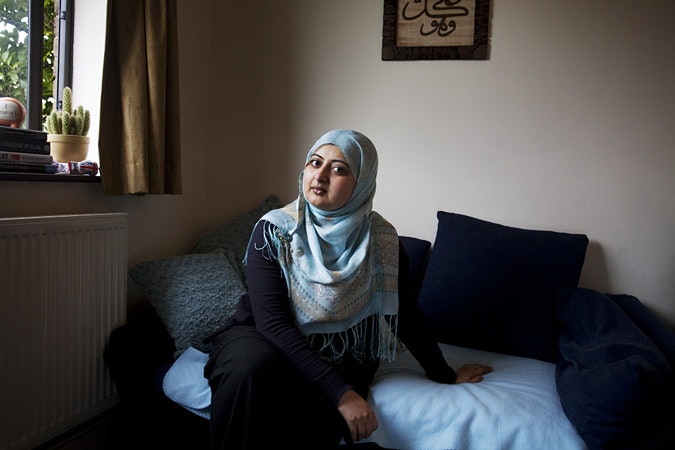Who Is This Woman?
By Ari Korpivaara

Who is this woman?
She is wearing a headscarf so she must be a Muslim. If she is a Muslim, she could be a citizen of any number of predominantly Muslim countries. Perhaps she is Turkish, or Iranian, or...
We all make such assumptions. Most of us look at people and quickly place them into boxes, using group stereotypes to label individuals. It is a shortcut, a place to start in figuring out someone’s identity.
In closed societies, the beginning is also the end. Without further information, the stereotype hardens into prejudice, and the prejudice fuels discrimination by the government and other people.
In open societies with a diversity of people and opinions, we learn how superficial, and often incorrect, stereotypes can be. We learn to recognize prejudice and reject discrimination. Knowledge and experience replace our original assumptions.
The woman in the picture is a Muslim, yes, but she is British.
“I am a Lancashire lass, born and raised in Lancashire,” she will tell you. “Other people may have an issue with seeing me as British. But that’s their issue, not mine. Even if I migrate to the other side of the world, I would never question my Britishness.”
She and other women and men tell their stories of belonging and identity as part of the Open Society Institute’s At Home in Europe Project on the situation of Muslim communities in European Union cities.
Until November 2012, Ari Korpivaara was director of publications at the Open Society Foundations.